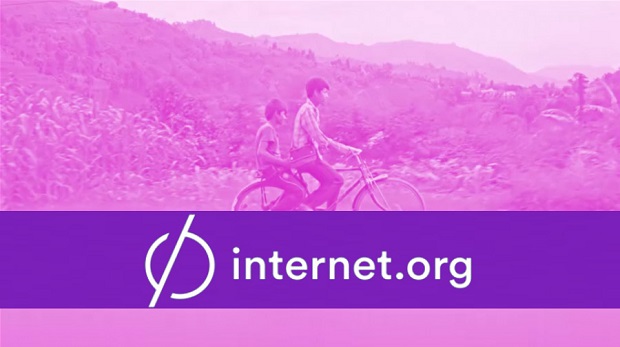Facebook has opened up its controversial Internet.org service in India, letting more websites and other online services to join its “free mobile data” Internet.org scheme.

The Internet.org platform aims to provide people low-income and rural areas in emerging markets access to pared-down mobile web services. The focus is on job listings, agricultural information, healthcare and education, as well as Facebook’s own social network and messaging services.
It has been launched in nine countries in Africa, Latin America and Asia, including India, bringing over 8 million people online.
However, the platform drew criticism from some online activists in India who expressed concern over Facebook’s control over all data accessed on the service and said it violated the principles of an open web.
In response to the criticism, the platform will be open to all developers who meet certain guidelines, including that they produce content that can be browsed on both basic mobile phones as well as smartphones and is accessible in limited bandwidth situations, Facebook said.
To qualify, they must meet three criteria:
they cannot be data-intensive. Videos, high-resolution photos and internet-based voice and video chats are among the banned content
they must be able to run on cheaper feature phones as well as more powerful smartphones. To ensure this is the case, the use of JavaScript, Flash, the secure HTTPS communications protocol and certain other web-based products are not allowed
they should encourage the exploration of the broader internet if possible, to encourage users to ultimately pay for access
Although these terms will continue to restrict membership, Zuckerberg said that people should not prevent others from using the internet in order to defend an “extreme definition of net neutrality”.
“Are we a community that values people and improving people’s lives above all else, or are we a community that puts the intellectual purity of technology above people’s needs?” he asked.
But one volunteer for the SaveTheInternet.in campaign said it remained opposed.
“Because of the competitive aspect of Internet.org, if my competitor is on it, I will feel compelled to be on it as well,” said Nikhil Pahwa. “And all of this data will be available to Facebook and – because of the lack of HTTPS – that data can also be sniffed by telecom operators and by governments.”
Facebook has confirmed that it will be able to track users’ online activity.
